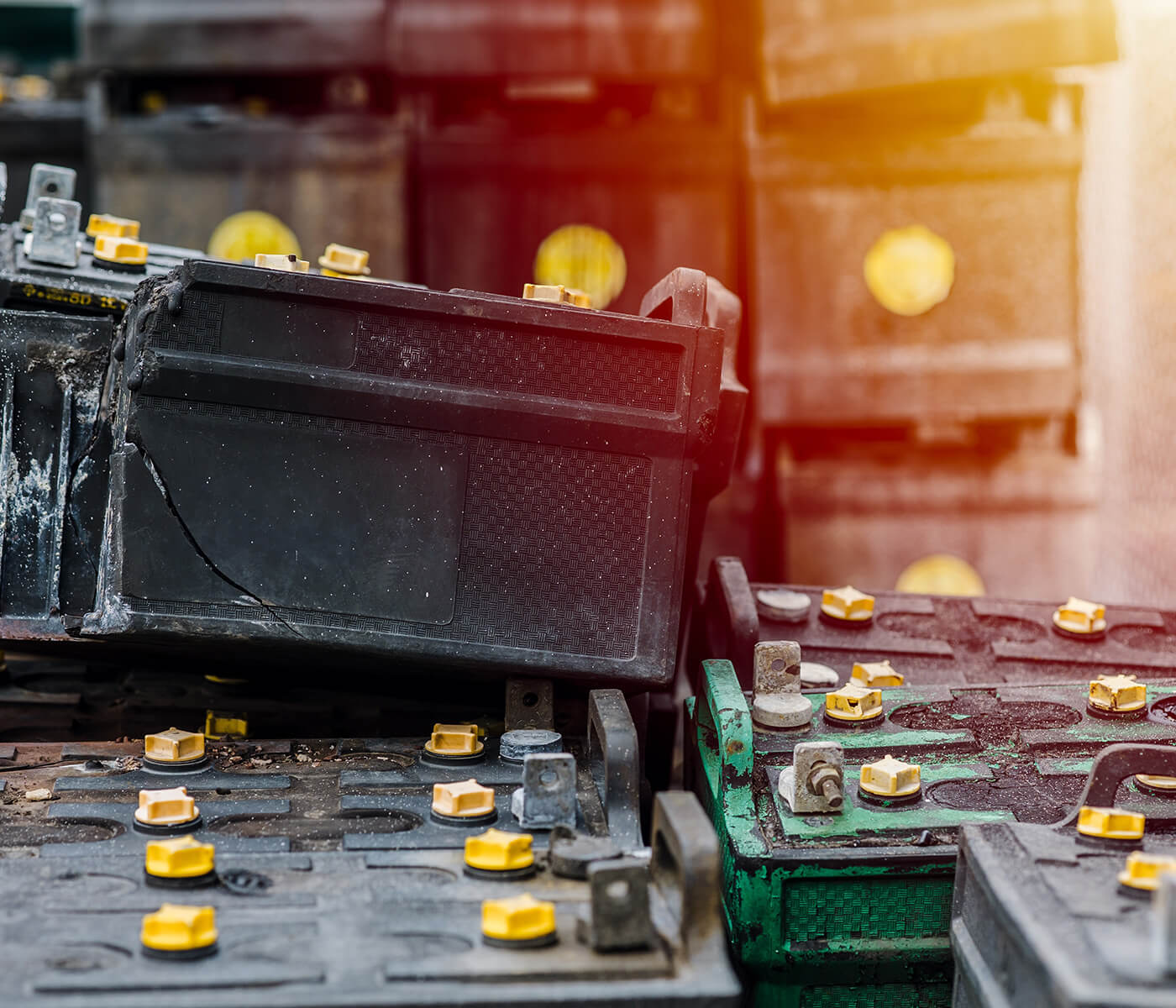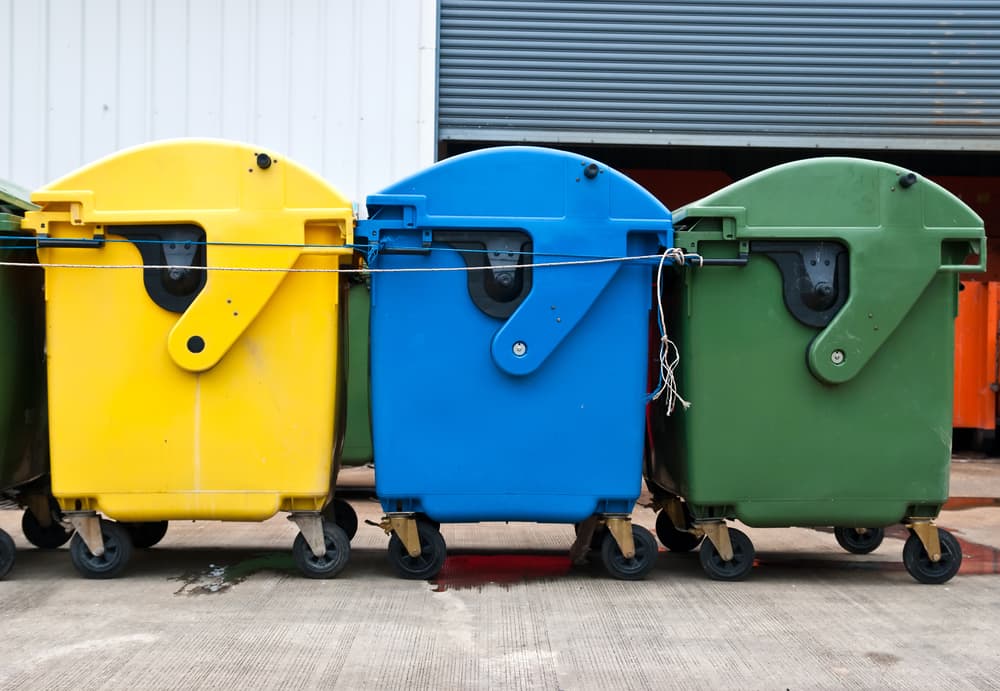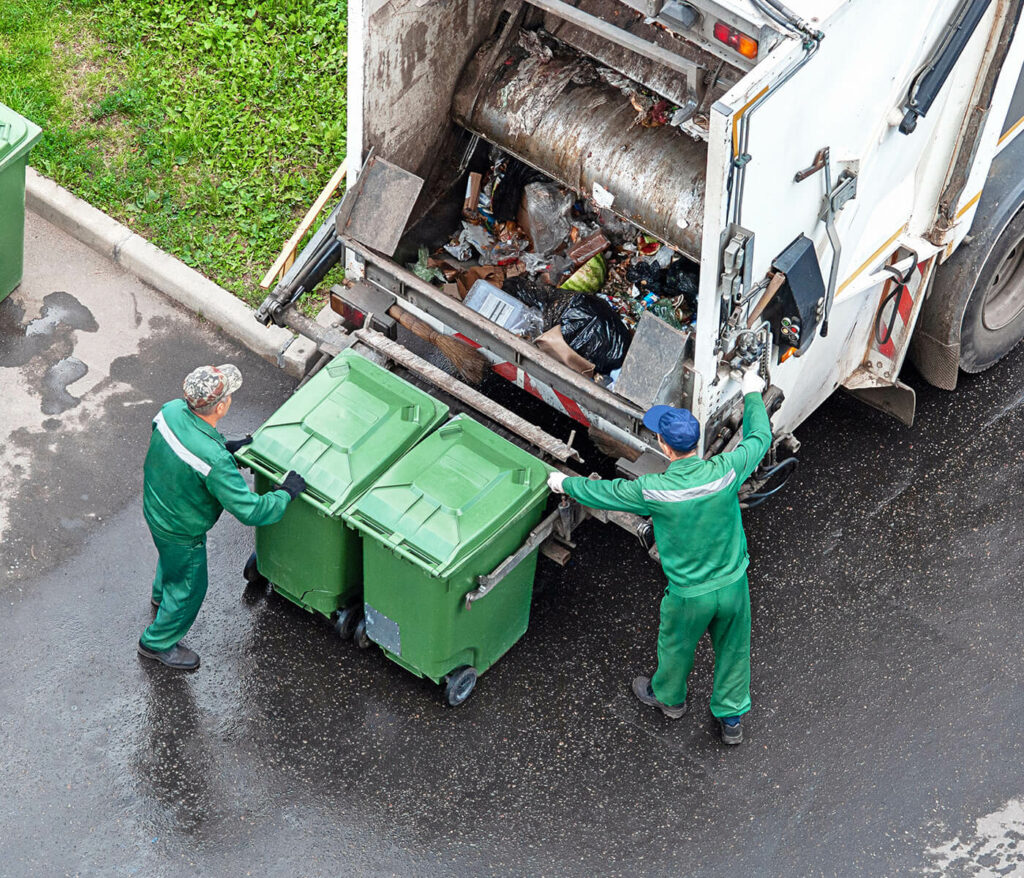May 9th, 2024

In our fast-paced world, lithium batteries are a common sight, powering everything from smartphones to electric vehicles. However, disposing of these batteries isn’t as simple as tossing them in the trash.
At NRC, we understand the importance of proper waste disposal and the risks associated with mishandling lithium batteries. This guide aims to provide clear, straightforward advice on how to safely dispose of lithium batteries, ensuring the safety of both the environment and individuals.
Key Points
- Understanding The Risks: Thermal Runaway
- Disposing and Recycling Lithium Batteries
- What To Do If Your Lithium Battery Is Damaged
- Safe Storage And Transport
Understanding The Risks: Thermal Runaway
Lithium batteries, while efficient, carry the risk of thermal runaway. This reaction can cause temperatures to soar up to 800°C, potentially leading to fires and explosions.
Factors like physical damage, overcharging, and exposure to high temperatures can trigger this dangerous phenomenon. Therefore, recognising the signs of a damaged battery – like bulging, leaking, unusual smells, or overheating – is crucial.
Disposing and Recycling Lithium Batteries
Disposing of lithium batteries needs careful consideration due to their potential environmental impact and the risk of thermal runaway. It’s very important not to dispose of these batteries in general waste or recycling bins as they can pose a significant hazard.
Instead, lithium batteries should be taken to a specialist recycling centre or a designated hazardous waste collection site. Recycling lithium batteries is not only possible but highly encouraged. These batteries contain valuable materials that can be recovered and reused, reducing the need for raw material extraction and lessening environmental impact.
Recycling centres have the necessary equipment to safely handle and process lithium batteries, ensuring that all components are appropriately managed. By choosing to recycle, you contribute to a circular economy, promoting sustainability and environmental responsibility.
What To Do If Your Lithium Battery Is Damaged
If you suspect your battery is damaged, don’t panic. First, ensure you’re wearing protective gear like gloves and goggles. Store the battery in a fireproof container filled with an inert material like sand, and keep it away from general waste.
Safe Storage And Transport
Properly storing and transporting lithium batteries can prevent accidents. Store them in cool, dry places away from heat sources, and in non-conductive containers to avoid short circuits. When transporting, especially damaged batteries, use secure packaging with clear warning labels.
Streamline Your Waste Management With NRC
At NRC, we’re committed to providing businesses with sustainable, safe, and compliant waste management solutions. Proper disposal of lithium batteries is not just a regulatory obligation but a step towards a safer and cleaner environment.
Trust NRC for all your business waste management needs, and let’s make a positive impact together. Contact us today to learn more about our services and how we can assist you in managing your waste in the most efficient and cost-effective way.





